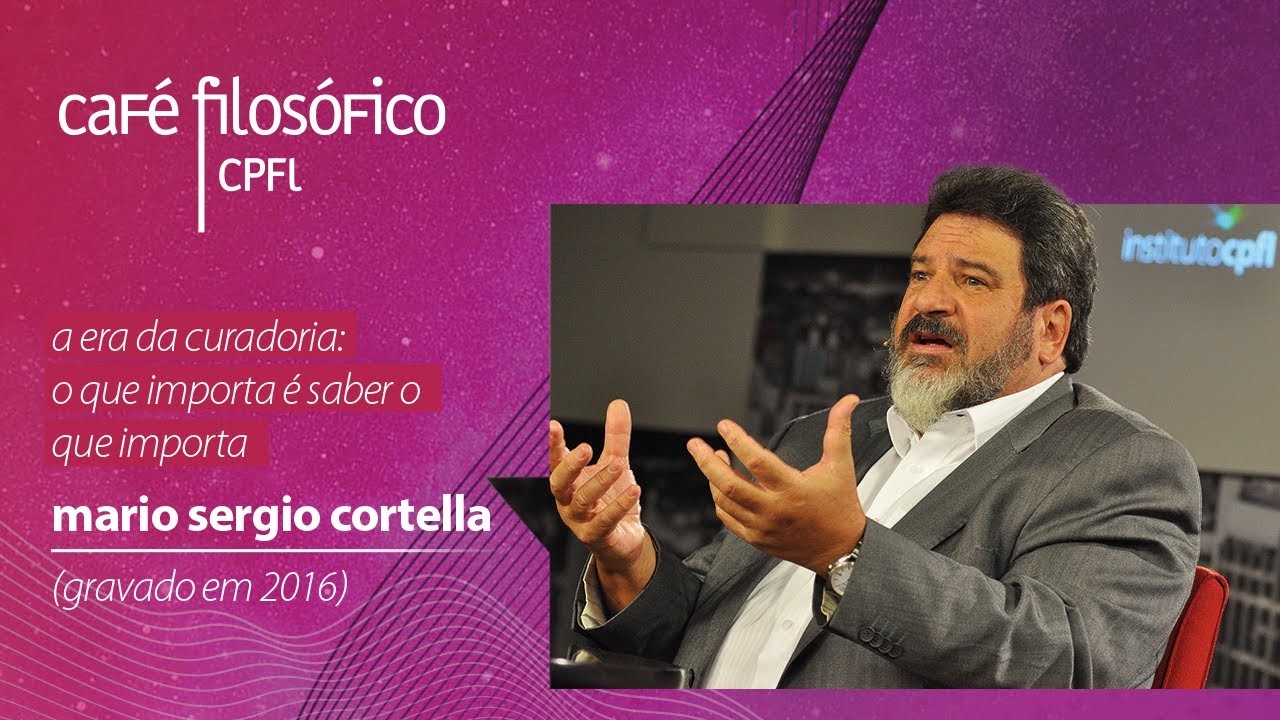Five simple strategies to sharpen your critical thinking | BBC Ideas
Summary
TLDRThe video script discusses the challenges of navigating the vast amount of information available today, highlighting the impact of 'confirmation bias' on our ability to process information objectively. It emphasizes the importance of not rushing to judgment and being open to changing one's mind. The script also addresses the pitfalls of social media, advocating for intellectual empathy and good faith discussions. It advises viewers to scrutinize the sources of information, be aware of potential ulterior motives, and develop critical thinking skills to avoid common logical fallacies. Ultimately, it promotes a curious, educated, and harmonious society as the ideal outcome of critical thinking.
Takeaways
- 😌 We live in an era with unprecedented access to information, but not all of it is accurate or unbiased.
- 🧠 Confirmation bias is a cognitive bias that influences our acceptance of information that aligns with our pre-existing beliefs and rejection of contradictory information.
- 🤔 To navigate information effectively, one should not rush to judgment and be open to changing one's mind.
- 📱 Social media platforms often reinforce our views through algorithms, which can limit our exposure to diverse perspectives.
- 🌈 Recognizing the complexity and nuance in life can enrich our understanding of the world.
- 🔬 The color of the sky is an example of how something seemingly straightforward can have more layers of complexity.
- 🤝 Letting go of the need to be 'right' in an argument can lead to more productive and empathetic discussions.
- 👟 Practicing 'intellectual empathy' involves trying to understand the other person's perspective, which can be challenging but rewarding.
- 🙅♂️ Avoid engaging in arguments without good faith, such as 'sea lioning', which can be detrimental to intellectual and social progress.
- 🕵️♂️ It's crucial to be aware of the source of information and to be wary of ulterior motives or vested interests.
- 📚 Becoming literate in scientific methodology, data use, and presentation can enhance critical thinking skills.
Q & A
What is the main challenge discussed in the script regarding the abundance of information available today?
-The script discusses the challenge of navigating through the vast amount of information available, ensuring that not all of it is misleading or biased, and avoiding falling into the trap of confirmation bias.
What is 'confirmation bias' and how does it affect our processing of information?
-Confirmation bias is a cognitive bias where people are more likely to accept information that confirms their pre-existing beliefs and are more likely to dismiss information that contradicts their views. It operates unconsciously and can affect our ability to process information objectively.
Why is it important to be open to changing our minds when evaluating information?
-Being open to changing our minds is important because it allows us to consider new evidence and perspectives that might challenge our current beliefs, leading to a more accurate and nuanced understanding of the world.
How do social media algorithms potentially reinforce our confirmation bias?
-Social media algorithms often prioritize content that aligns with our existing views, creating an echo chamber that reinforces our confirmation bias by showing us more of what we already believe.
What is the significance of acknowledging that most situations in life are nuanced and complicated?
-Acknowledging the complexity of most situations can enrich our worldview by encouraging us to consider multiple perspectives and avoid oversimplified black-and-white thinking.
Can you provide an example from the script that illustrates the concept of nuance in seemingly straightforward facts?
-The script uses the color of the sky as an example of nuance. While it's commonly perceived as blue, it can also appear red at sunrise or sunset, white or grey on a misty morning, and black at night, demonstrating that even seemingly obvious facts can have multiple valid interpretations.
What is the term for the approach where one tries to understand another person's perspective during a discussion?
-The approach is called 'intellectual empathy', which involves putting oneself in the other person's shoes and genuinely trying to understand their point of view.
Why is it important to consider the source of information when evaluating its credibility?
-Considering the source of information is important because it helps us identify potential ulterior motives or vested interests that might bias the information, allowing us to critically assess its credibility.
What are some common fallacies mentioned in the script that can hinder productive discussions?
-The script mentions the 'Straw Man' fallacy, where one engages with a distorted version of an argument, and the 'ad hominem fallacy', where an argument is dismissed based on personal attacks rather than its merits.
What is the overall goal of engaging in critical thinking as discussed in the script?
-The overall goal of engaging in critical thinking is to foster a more curious, educated, and harmonious society by promoting open-mindedness, understanding, and the pursuit of truth.
How can understanding scientific methodology and the presentation of data help in critical thinking?
-Understanding scientific methodology and data presentation equips individuals with the tools to evaluate the validity and reliability of information, enabling them to think critically and make informed decisions.
Outlines

This section is available to paid users only. Please upgrade to access this part.
Upgrade NowMindmap

This section is available to paid users only. Please upgrade to access this part.
Upgrade NowKeywords

This section is available to paid users only. Please upgrade to access this part.
Upgrade NowHighlights

This section is available to paid users only. Please upgrade to access this part.
Upgrade NowTranscripts

This section is available to paid users only. Please upgrade to access this part.
Upgrade NowBrowse More Related Video
5.0 / 5 (0 votes)





